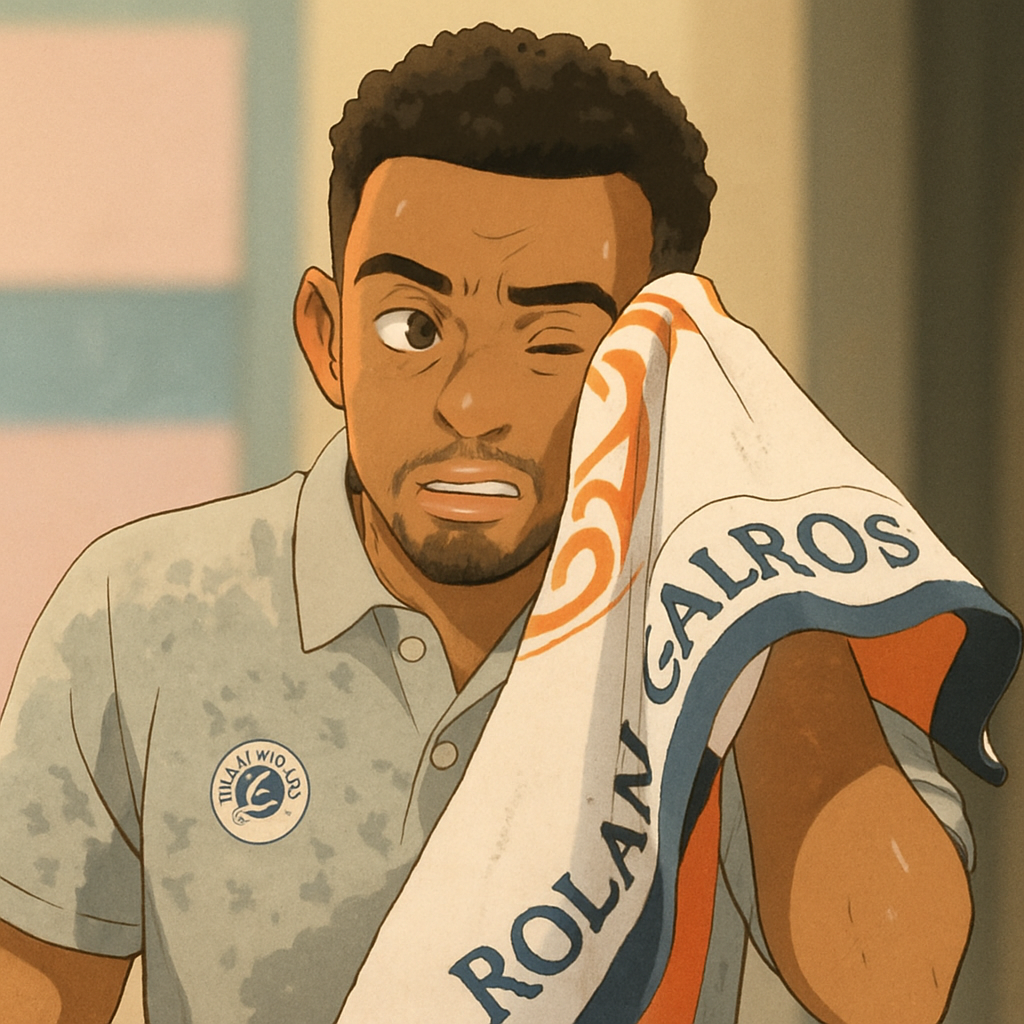PARIS — French Open tournament director Amélie Mauresmo is bracing for an uncomfortable discussion with homegrown tennis stars after several French players voiced frustrations over scheduling and organizational decisions at Roland Garros. The concerns, raised publicly by top players including Caroline Garcia and Alizé Cornet, threaten to overshadow the buildup to the 2024 tournament.
Scheduling Complaints Take Center Stage
French players have criticized what they perceive as preferential treatment given to international stars, particularly in night session scheduling. World No. 23 Caroline Garcia didn't mince words after her early exit in Rome: "We play in front of empty stands at 11 a.m. while others get prime-time slots regardless of ranking. Where's the support for French players at our home Grand Slam?"
The complaints highlight three key issues:
- Night matches predominantly featuring non-French players
- Early morning start times for local favorites
- Lack of consultation with French players about scheduling preferences
Cornet's Fiery Retirement Comments
Veteran Alizé Cornet, playing her final Roland Garros before retirement, amplified the criticism during her Strasbourg Open press conference: "For 20 years I've watched Americans get night matches at the US Open and Australians get prime slots in Melbourne. But here? We're an afterthought in our own country."
The 34-year-old's comments gained traction when accompanied by statistics showing:
- Only 18% of night session slots in 2023 featured French players
- French women received an average start time of 10:48 a.m. compared to 3:15 p.m. for top international players
- No French player has headlined the opening night session since 2017
Broadcasting Factors Complicate Matters
Tournament organizers face pressure from global broadcasters, particularly Amazon Prime Video, which holds exclusive night session rights. A leaked email from 2023 revealed a broadcaster request to "prioritize matches with international appeal during premium time slots."
Mauresmo's Balancing Act
The former world No. 1 finds herself caught between commercial realities and national expectations. In her 2024 Madrid Open press briefing, Mauresmo acknowledged: "We must consider both our global audience and our responsibility to French tennis. It's not an easy equation to solve."
Sources indicate the tournament director is considering several compromises:
- Guaranteeing at least one French player in 40% of night sessions
- Creating a "French Heritage Day" with all-French matchups on opening Sunday
- Establishing a player advisory group including French representatives
Federation President Weighs In
French Tennis Federation president Gilles Moretton attempted to defuse tensions but conceded: "The economic model of modern tennis requires us to think globally, but we cannot forget our roots. We're working on solutions that satisfy both imperatives."
The federation faces mounting pressure after reports surfaced that several French sponsors, including Peugeot and Perrier, have expressed concerns about the lack of home player visibility during peak viewing hours.
Player Council Calls for Transparency
The ATP/WTA Player Council, which includes French doubles specialist Nicolas Mahut, has requested a formal meeting with tournament organizers. Council minutes reveal they seek "clear, objective criteria for session assignments that balance commercial and sporting considerations."
As the May 26 start date approaches, all eyes remain on how Mauresmo will navigate this growing controversy. With French tennis enjoying its strongest cohort in years - including rising stars Arthur Fils and Luca Van Assche - the tournament faces heightened scrutiny over how it showcases home talent.
Sports marketing expert Claire Dubois notes: "Roland Garros risks alienating its core audience if French fans can't watch their heroes at reasonable hours. The tournament's unique identity depends on finding the right balance between local passion and global appeal."
The coming weeks will prove crucial as organizers finalize scheduling plans. With Garcia, Cornet and other French players threatening to bypass traditional pre-tournament promotional events, Mauresmo's diplomatic skills face their toughest test since taking the tournament director role in 2021.
As the tennis world turns its attention to Paris, one question looms largest: Can Roland Garros honor its global stature while properly celebrating the players who make it France's most iconic sporting event? The answer may define Mauresmo's legacy as tournament director.

